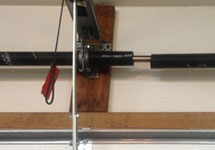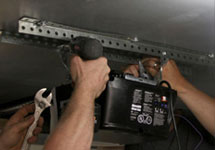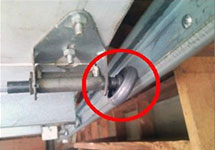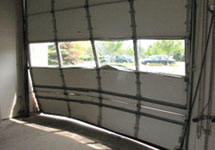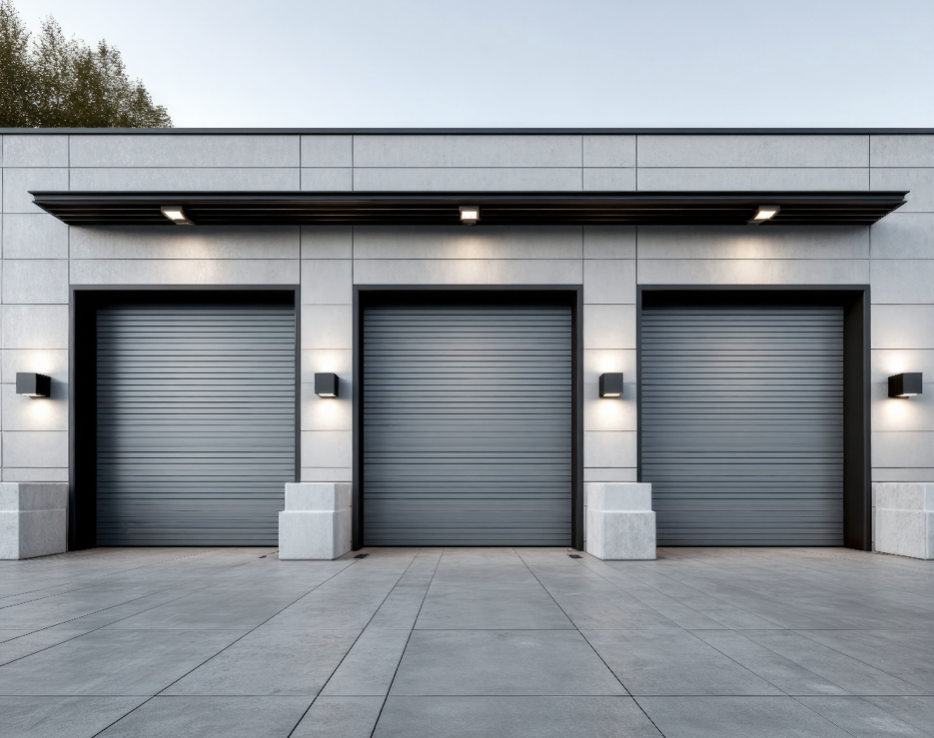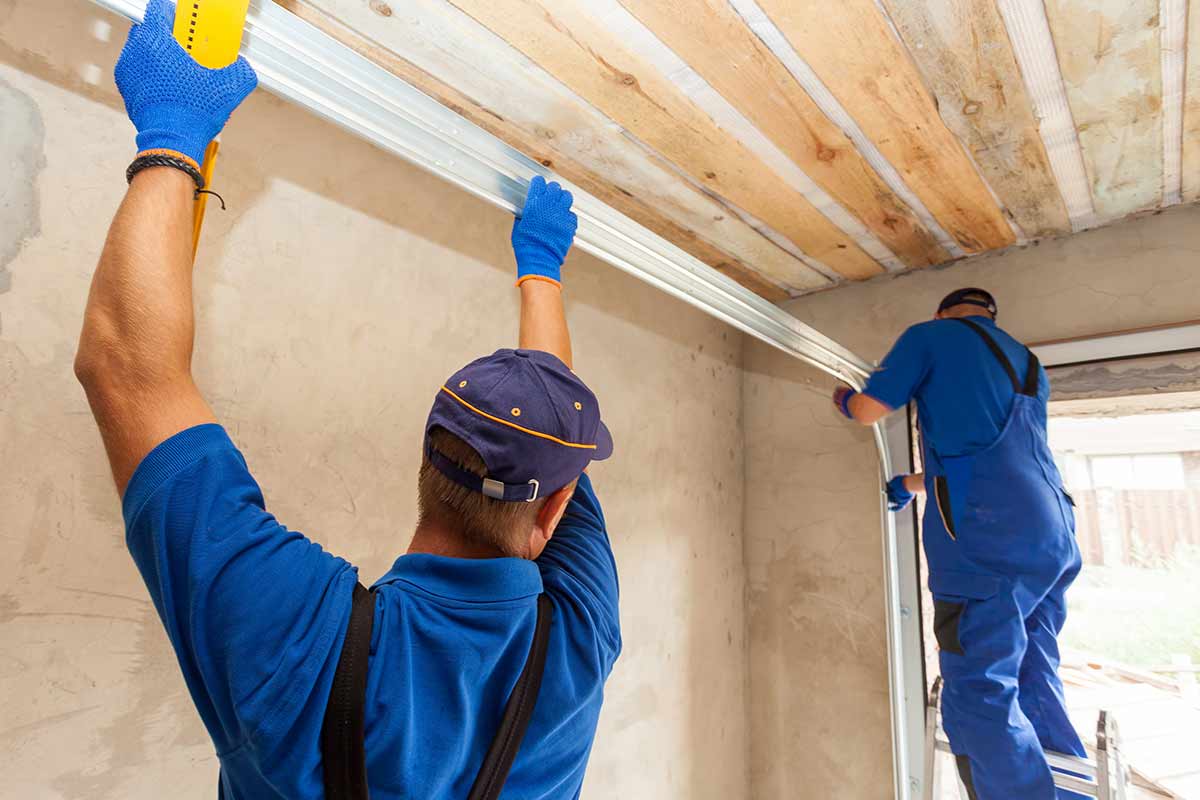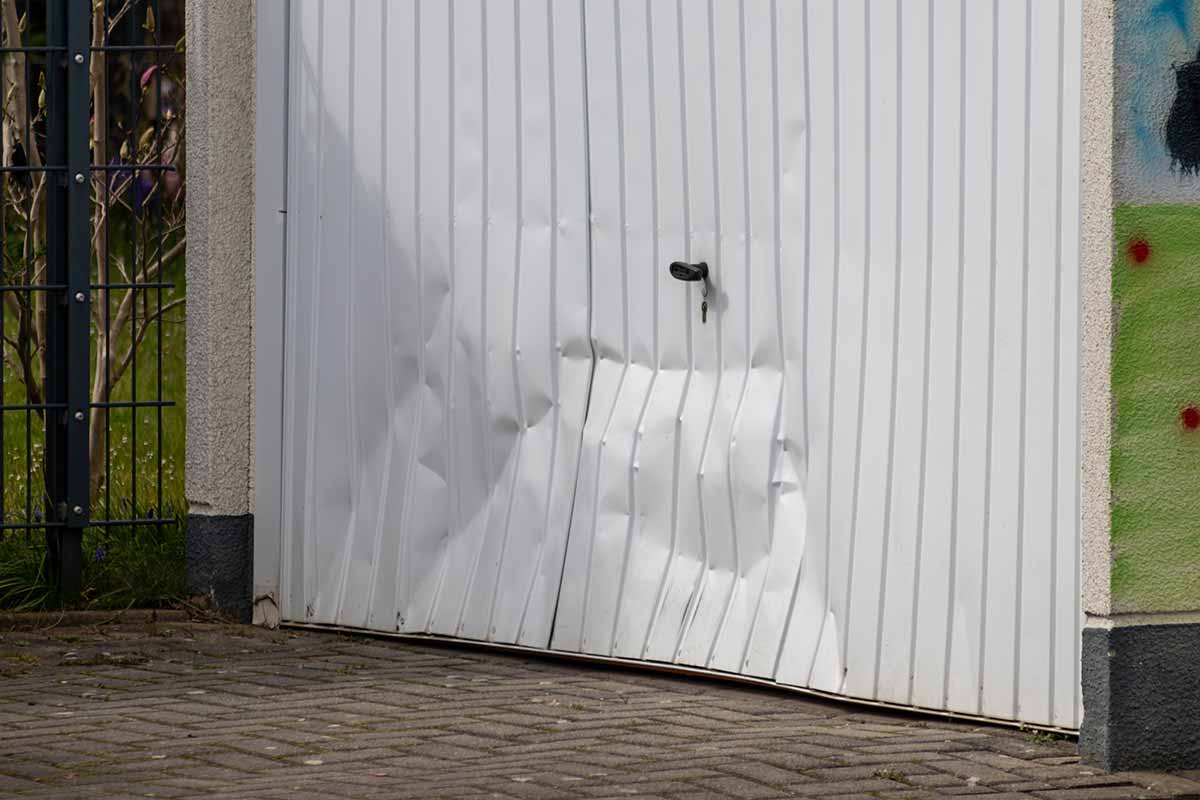When it comes to improving comfort, efficiency, and property value, insulated garage doors are one of the most impactful upgrades available. For homeowners and business owners across Chico, Yuba City, Redding, and Stockton, The Door Company delivers high-performance insulated garage doors built to withstand California’s heat, noise, and daily use.
What Are Insulated Garage Doors?
Insulated garage doors feature two or three layers of material—usually steel, aluminum, or composite—packed with polystyrene or polyurethane insulation. This construction boosts strength, durability, and temperature control.
Top Benefits of Insulated Garage Doors
1. Better Energy Efficiency
California’s inland regions experience extreme temperature swings. Insulated garage doors help regulate internal garage temperatures, reducing heat transfer into your home or workspace.
Where this matters most:
- Properties with bedrooms or living spaces above the garage, which tend to trap heat.
- Garages that house freezers, refrigerators, or temperature-sensitive hobbies like woodworking.
- Commercial sites where temperature stability affects product performance or employee comfort.
2. Improved Durability & Strength
One of the biggest advantages of insulated garage doors is their enhanced structural integrity. Because these doors are built with multiple layers of steel or aluminum around a dense insulation core, they hold up far better than standard single-layer doors. This means fewer dents, reduced wear, and a longer lifespan—especially in high-use environments.
Where this really matters:
- Properties that experience strong sun exposure, where insulated garage doors resist warping and heat damage.
- Properties in Stockton where sports equipment, tools, or bikes frequently bump into the garage door.
- Commercial or industrial buildings that operate fleet vehicles or delivery vans, where daily openings require stronger, more reliable doors.
- Customers who want a door that will last 10–20 years with minimal maintenance compared to lightweight, non-insulated models.
Because insulated garage doors are naturally stiffer and more impact-resistant, they offer both homeowners and businesses long-term value through fewer repairs and exceptional performance over time.
3. Noise Reduction
Insulated garage doors significantly reduce outside noise and make door operation quieter.
This can be helpful in:
- Houses near busy streets, schools, or commercial areas.
- Homeowners who use their garage as a music room, workshop, or home office.
- Businesses located near industrial zones wanting quieter operations for staff or customers.
4. Enhanced Curb Appeal
Insulated models come in a range of premium finishes, window options, and modern designs.
Popular style choices:
- Modern glass and aluminum insulated doors for contemporary properties.
- Wood-look steel insulated doors that offer the charm of wood without the maintenance.
- Carriage-style insulated garage doors for traditional homes.
Common Use Cases for Insulated Garage Doors
For Homeowners
Home gyms: Keeps workout equipment and flooring protected from temperature extremes.
Workshops or hobby spaces: Ideal for woodworking, painting, or car restoration.
Attached garages: Reduces heat transfer and improves home comfort.
Energy cost reduction: Lower energy use in homes using A/C heavily in summer.
For Business & Commercial Properties
Warehouses and fulfillment centers: Maintain stable product environments.
Auto repair shops: Reduce noise and maintain comfortable working temps.
Retail storefronts: Insulated rolling doors help secure inventory while keeping interior climates stable.
Municipal & government facilities: Lower long-term maintenance and energy costs.
Insulated Garage Door Options at The Door Company
The Door Company offers a wide variety of insulated garage doors from leading manufacturers, available in steel, aluminum, composite, and custom finishes. Whether you need high R-value insulation for extreme temperatures or a stylish insulated design to boost curb appeal, we can help you find the perfect fit.
We proudly serve Chico, Yuba City, Redding, and Stockton with professional installation, repair, and maintenance services. With decades of experience and multiple locations in Northern California, The Door Company is known for quality workmanship and exceptional service.
Our team provides:
- Expert consultations
- Premium insulated garage door options
- Custom design & style recommendations
- Professional installation
- Ongoing repairs & maintenance
Upgrade to an Insulated Garage Door Today
Whether you’re looking to improve energy efficiency, reduce noise, or strengthen your home or business, insulated garage doors offer unmatched value. Contact The Door Company today to schedule your consultation in Chico, Yuba City, Redding, or Stockton, CA.
